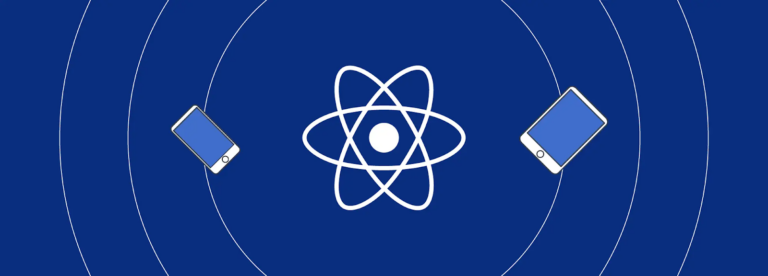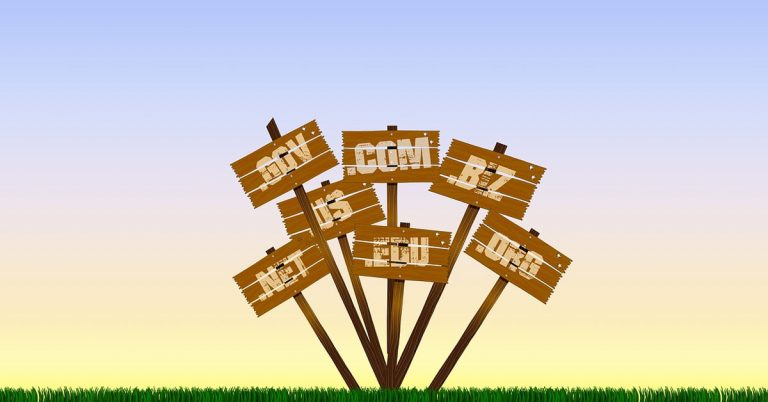How to Ace Your IT and Engineering Interviews and Land Your Dream Job

You may be worried about landing the job you want, especially when you have upcoming interviews you need to nail. The first impression is always the strongest one, which is why it is important to perfect it before even entering the interview.
After the hours you spend scavenging the internet for job listings on Lensa and perfecting your resume, you now need to prepare for the interview, specifically for an IT or engineering gig. Being a part of STEM isn’t easy and takes a lot of precision as a soft skill. This guide is here to help you ace the process of getting hired for your dream job.
Initiation for the Interview
The biggest goal for your interview is to prove to the company you are applying to that you are the right fit for the role. To do this, you should focus on the first impression because that can sometimes outweigh your actual credentials, especially if other candidates are just as qualified as you are. Recruiters also look at how you fit the dedicated development team, not just the individual.
Try not to stress immediately before the interview. You can do this by picking out your interview clothes beforehand, planning a route, and organizing your calendar. Your clothes should be business casual or slightly more formal. Focus on looking professional, well-kept, and organized since STEM environments prefer this look for individuals.
Assuming you’ve already looked into the company you are applying for and written your resume accordingly, the next step is to prepare your references for the interview. Your references must be clear and productive towards the new job you are applying for.
As for the interview, learn the kind of engineering or IT work the company does and look into their past projects to better understand what they do and make a strong impression. Through this, you can also gain insight as to what kind of clients this company has and who you will most likely be working with. You could also check their top competitors to later come up with game plans.
Try asking who your interviewer will be and their job title. This would allow you to do some research on them online and prepare for the interview further. Finding out the format of the interview *i.e., whether it is online or in-person) will help you prepare accordingly.
You should also start practicing for the interview by reviewing interview questions that are common for STEM recruitment. These are useful in organizing your thoughts and preparing your answers to make a solid impression. Prepare to also answer questions about your past experience and job positions, so prepare concrete answers to these questions as well.
As the interview process will involve the interviewer asking you questions, you also can prepare questions to ask them about the job position you are applying for and the company in itself.
During the Interview
The first impression is what counts, which also includes the way you introduce yourself. Usually, a firm handshake and an air of confidence will do the trick. You must show strong interpersonal skills by being eloquent and social. Working as an engineer or an IT person means you will be in contact with dozens of people face-to-face.
Prepare to discuss your previous projects at different firms so you can provide examples of your expertise and experience. Make sure to discuss the challenges you faced and how you went about solving them. Don’t rush answers during the interview, show the interviewers how thoughtful you are and collected. Express your thought process out loud for clearer understanding.
A small tidbit some people tend to forget is that if you are applying to an engineering or IT position, do not bring any personal electronics with you since it is a security risk that is frowned upon. Avoid the issue altogether.
When asking questions about the tasks and position, make sure to also discuss compensation, salary, and expectations from the interviewer to be as transparent as possible.
Post-interview
There isn’t much to tend to after an interview but to wait for a response. Apart from that, you should reflect on how the interview went and determine aspects you could improve or do differently in the future.
A good tip is to research salaries so that once it comes to negotiating a salary you are prepared to achieve an offer that is correct and liveable for your job position. Writing a thank you note is also an option to remind them of your professionalism and being.
Conclusion
With these tips, you are likely to land the engineering or IT job you wish to have, it just takes resolve and passion.






